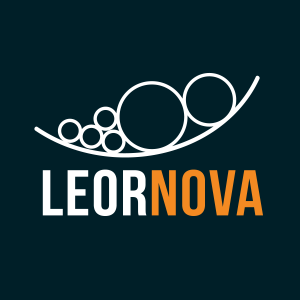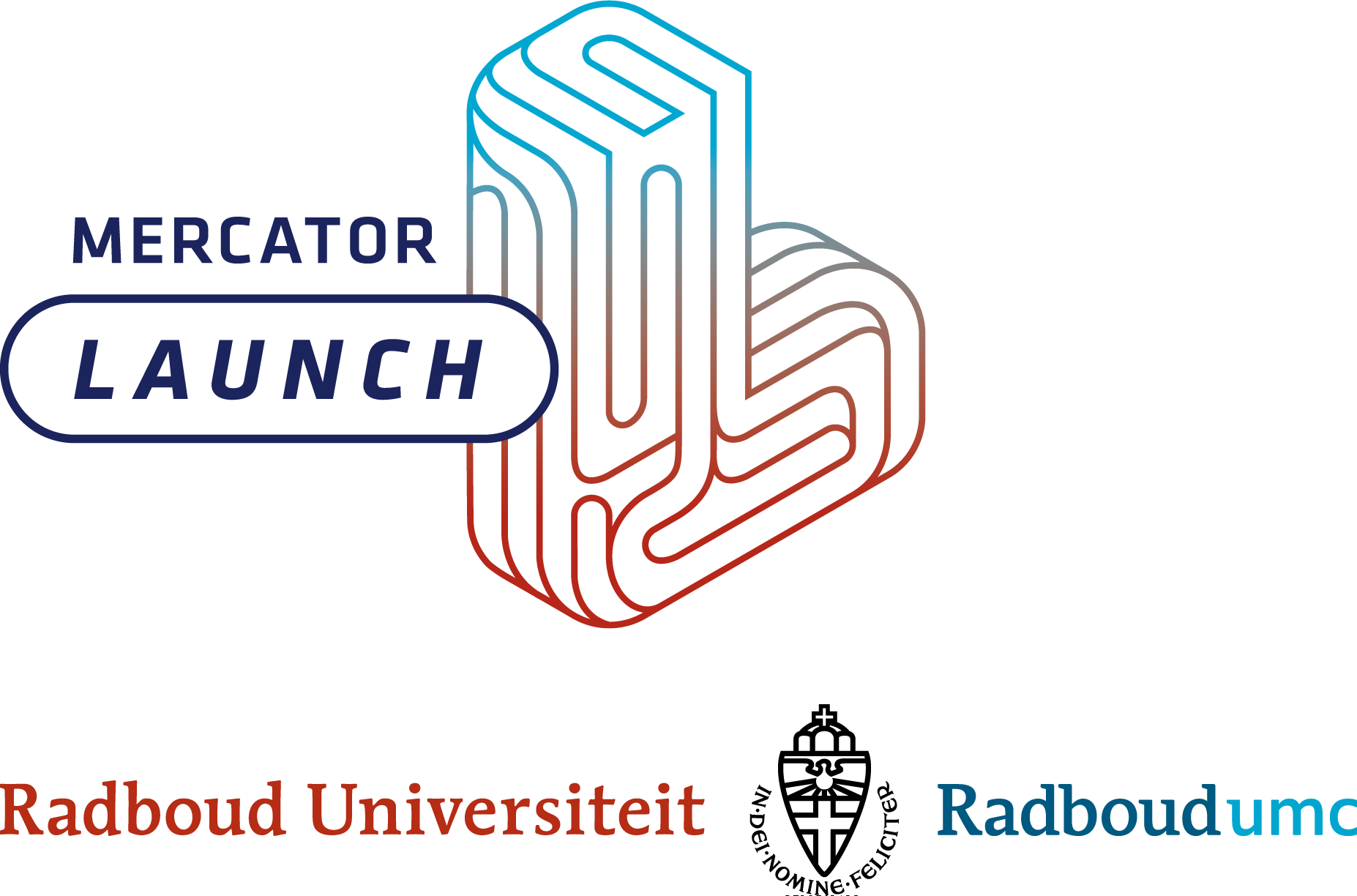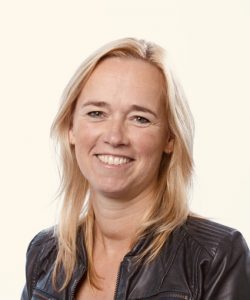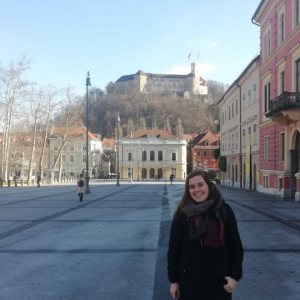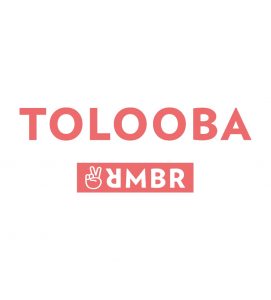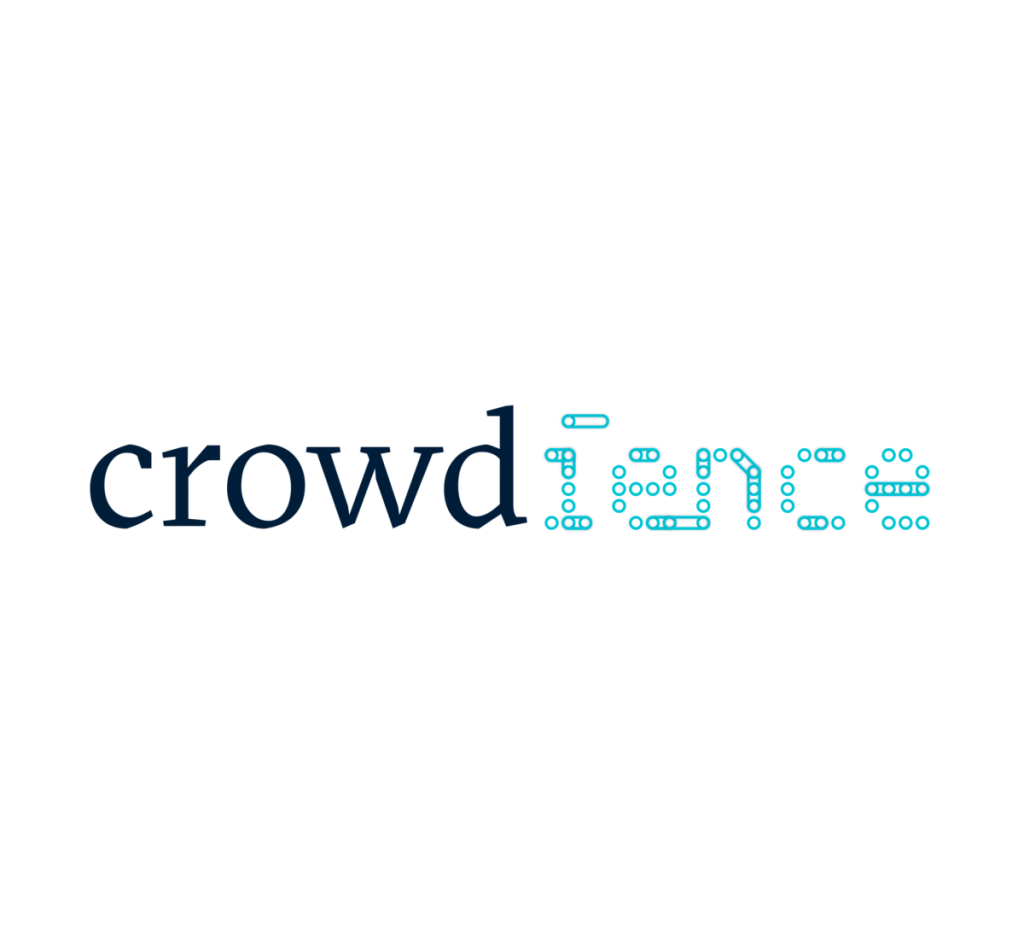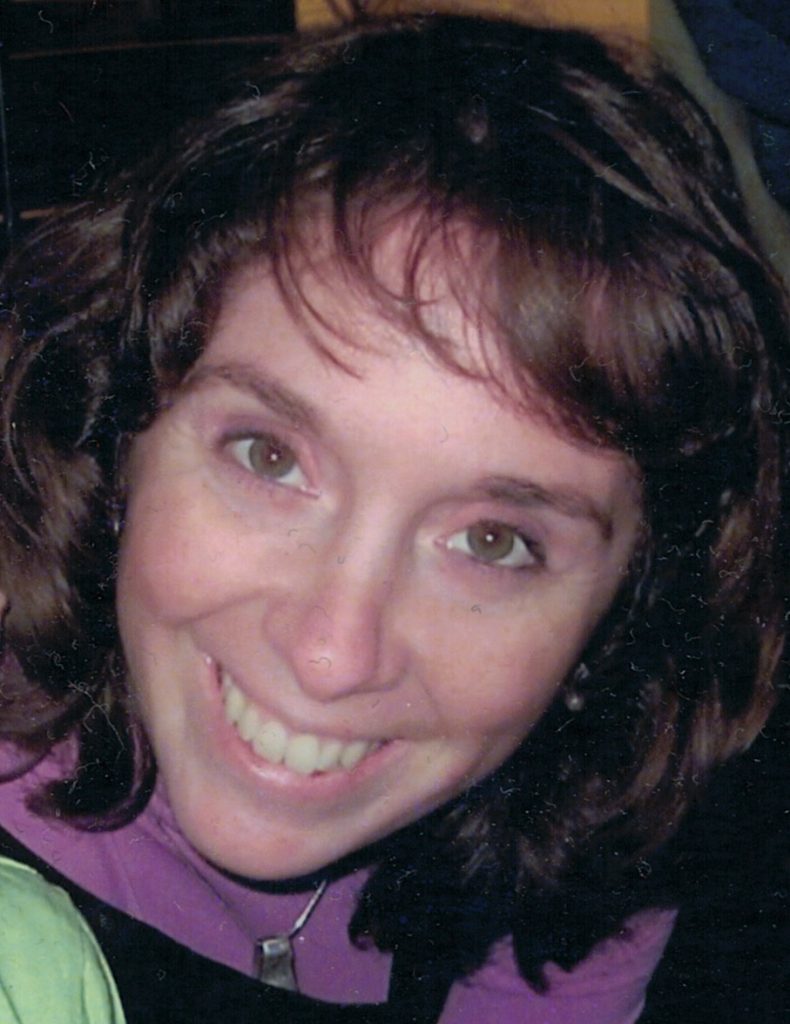2020 was an eventful year, especially for entrepreneurs. But despite and perhaps precisely because of the extraordinary circumstances this year, there were a lot of innovative and ambitious entrepreneurs who were determined to make their startup a success! In this closing month of the year, Mercator Launch puts a successful startup in the limelight each day. Startups that we are particularly proud of. We asked our business coaches why these companies deserve their place in this list. So, keep an eye on our channels and discover our top 20 of 2020!
3D Neuro
Rob: “3D neuro managed to find a niche market on customized implants for electrophysiology and started excelling and delivering in that segment. As researchers they provided qualitatively high products to solve problems of other researchers”
Aerocount
Brechtje: “Aerocount took major steps this year. No wonder they were nominated as student startup of the year and won the Jan Terlouw competition. The startup finished it’s prototype, committed launching customers, designed their manufacturing process and attracted sufficient investments to start sales in 2021.”
Charmtop
Brechtje: “Charmtop develops easy to use hardware to include elderly in the digital age. The company was impacted heavily by the covid lockdown and needed to change their plans several times. They have been very creative in finding solutions to continue the development and testing of their proprietary software and hardware.”
Crowdience
Brechtje: “Crowdience / ikonderzoekmee.nl is up and running! And… contributing to an inclusive society in a unique way.”
Dearly
Rob: “The team of Dearly excels in determination of achieving their goals. No matter how many problems appear, Quirine always solves them and focuses on the progress of her business.”
De Lerende Mens
Brechtje: “De Lerende Mens develops innovative digital products with which children learn to read better, based on cool techniques such as gamification, virtual, augmented reality, and the most recent scientific insights. In this difficult year when going to school wasn’t normal, these products have made a huge difference.”
Flowview
Brechtje: “FlowView is moving fast! The company was founded in April of this year. They are working on their first MVP and expect to launch already in 2021. In addition, they entered into a very promising collaboration and attracted its first investment directly after from Health Holland.”
Gelijkspel
Rob: “How can a team of medical students contribute to the life of people having Alzheimer disease? The team of GelijkSpel introduced gamification to improve the interaction between people having Alzheimer disease and their close ones? Now that’s creating social impact!”
Ji Shin Martial Arts
Brechtje: “Mariska from Ji Shin Martial Arts was able to transform the research results from her PhD into a sports programme that improves resilience in vulnerable people, like young women or people with a disability. The trainings are fun and make the participants physically and mentally stronger. Since the program can be copied by other sport centers, it’s a great way to make exercising possible for everyone”
Labm8
Brechtje: “Labm8 develops an ‘automated chemistry robot’. How cool is that! In 2020, Lab8 managed to finalize the complex development of the robot and is now testing it at Radboud University.”
Micro-Cosmos
Britta: “The idea for Micro-Cosmos originates from the Dutch Hacking Health – a hackathon to stimulate innovations in health care. In 2017, the dome of Micro-Cosmos was invented to protect patients from disturbing sound and light in order to increase sleep in hospitals. Despite troubling times in hospitals due to COVID-19, Micro-Cosmos has managed to raise funding, develop their next prototype and initiate a pilot project at the Intensive Care of Radboudumc. Proud of the progress Micro-Cosmos has made, we are looking forward to the first implementation of the dome to improve patient’s sleep and recovery.”
Mindtrace
Rob: “How can society benefit from scientific knowledge from the field of Neuroscience? The team of Mindtrace manages to translate this knowledge into tangible problems solving products . Now that is an example of bringing science to society.”
Pixelstad
Ed: “In addition to his master’s degree at the management faculty and a temporary full-time job, Roger was able to keep the focus on his company Pixelstad. He has always taken small steps and followed the advice of the Mercator Launch business coaches. Currently, he has developed a prototype using the Gelderland Valoriseert Voucher. Roger has a number of parties with enthusiasm for the application and is now looking for his first paying customer.”
Plexuz
Rob: “Now what is possible to achieve in actions next to your study. The team of Plexuz shows us you can be a successful student and startup at the same time. And by offering an app to enhance preparations for exams they help other students be successful as well”
Sexual Healing
Ed: “Nienke from Sexual Healing contacted us via the Design Academy Eindhoven. We put her in touch with sexologists from the Faculty of Social Sciences and Radboudumc. Furthermore, we’ve helped her validate her idea throughout our IMPROVE program. Britta has helped her with finding a cofounder. She’s doing very well at this moment and I couldn’t be more proud!”
Soluxa
Brechtje: “I don’t have to say much. Just check out Soluxa’s solar panel pilot on the Huygens Building 🙂 “
Sustainables
Britta: “Plastic. It is so convenient and familiar in our daily lives, but the impact on the environment is huge. At biochemical laboratories it is common to use disposables which results in over 800 liter plastic waste on a monthly basis. While this waste is currently burned, Sustainables aims to clean and recycle it. Taking action to combat climate change is one of the SDGs and Sustainables takes this job really serious.”
Tolooba
Ed: “With RMBR, Tolooba develops software that retrieves ‘hidden’ memories for people suffering from dementia. That’s just awesome!”
Van Eigen Deeg
Rob: “How does it get better than this? The cookies from Van Eigen Deeg are delicious, healthier cookies in environmentally friendly packaging. And they just fall on your doormat when you want them the most. Plus our favorite giveaway to our IMPROVERS!”
Volta Energy
Britta: “Volta Energy contributes to the global climate goals by replacing diesel aggregates with solar-based alternatives. As one of our first Improvers, it is great to see the progress Volta Energy is making. Last year, despite COVID-19, they raised a tremendous amount of money to scale their business. With this opportunity to scale, the founders are truly changing construction sites and make the world a little bit more sustainable. That is the impact we love to see!”
